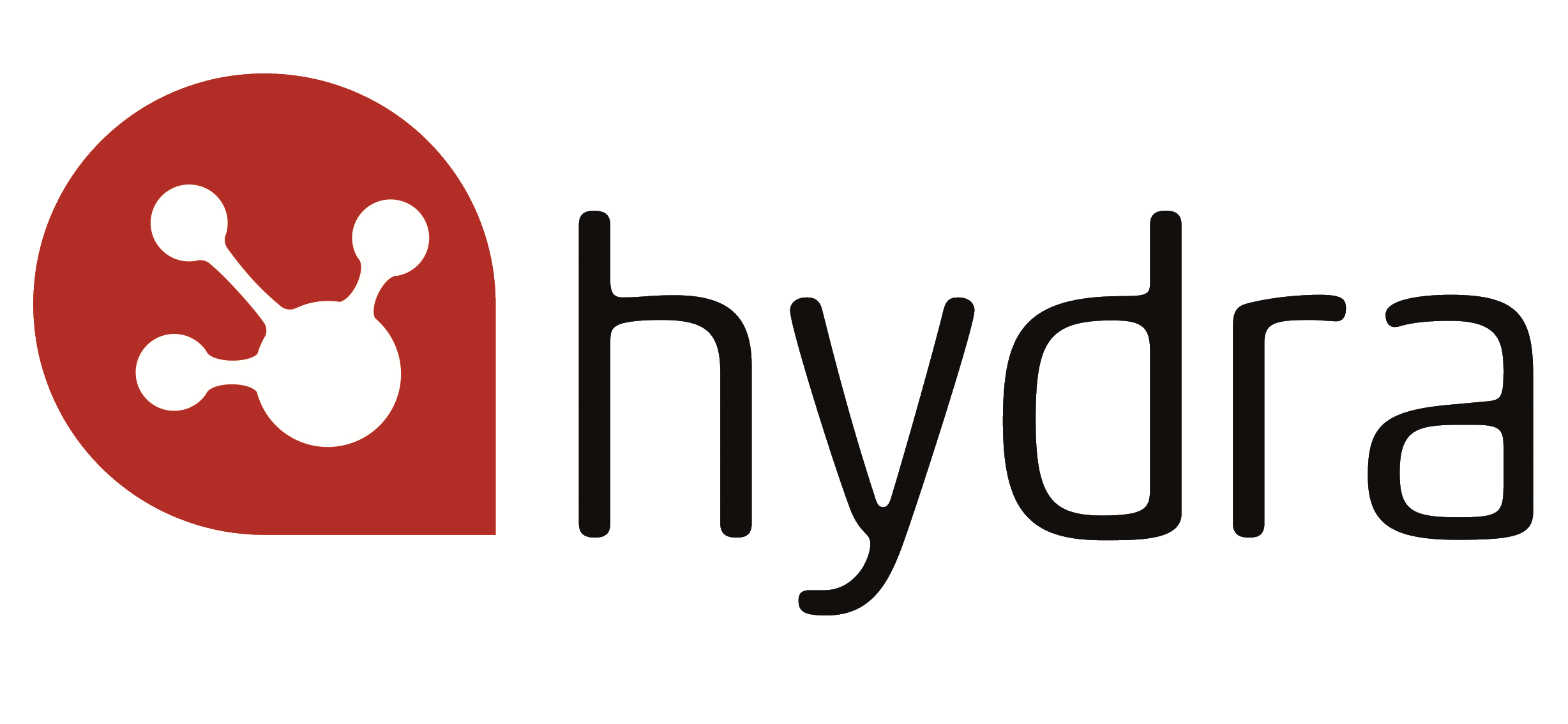Why a data-driven approach to your projects is fundamental to success
The ability to analyse the performance of a project objectively, and make rational and informed decisions, plays a huge part in your project’s success.
Anyone who works as a project manager will know that planning, tracking and analysing the progress of a project is a significant undertaking. The question is, is it really worth it? Does an experienced project manager really need data to drive their decisions, or can they rely on their gut?
Today, project managers have a wide range of project metrics to manage, measure, observe and analyse the performance of their projects. The ability to analyse the performance of a project objectively, and make rational and informed decisions based on the data, can play a huge part in the success of your projects
If you take a data-driven approach to project management, you’ll find that your projects are not only more likely to be delivered on time, but it will also increase their chances of coming in under budget. So why is a data-driven approach to your projects so fundamental to their success? Let’s take a look…
Analysing Project Portfolios
Across all organisations there is competition from multiple projects for a limited number of resources. By conducting a project portfolio analysis, firms can evaluate a large number of project proposals and select those that are most viable given the organisation’s constraints. Each project can be assessed against a wide range of assessment criteria to determine its viability. This includes factors such as:
- Technical, economic, legal, capability and capacity restraints
- Resource requirements
- Project complexity
- Project risks
- Training requirements
Careful analysis can help organisations select and prioritise projects that allow for the optimal allocation of finite resources.
Improving Project Stakeholder Management
Analysing project data can also help project managers predict the way stakeholders will react to key decisions. The management of project stakeholders depends on the unique skill set, approach and personality of the project manager, but it can also be a highly data-driven process.
Project managers can use data analytics to predict the outcomes of their strategic plans for stakeholder engagement management, and guide their decision if any corrective actions need to be taken. In turn, they can further customise their communications to meet the needs and preferences of particular stakeholder groups.
Predicting Time Delays and Budget Overruns
Analysis of the right data can tell a project manager whether a project is on schedule and within budget before it becomes a problem. Identifying the telltale signs of late delivery or costs that are spiralling out of control helps project managers avoid any nasty surprises.
The project manager can then take steps to remedy the situation, such as assigning more resources to a project to get it back on track. Data analysis also allows project managers to predict the impact of various completion dates on the project’s bottom line, and make decisions accordingly.
Managing Project Risks
Every project has inherent risks, but incorporating data analytics into the project management process can allow you to identify, rank and prioritise those risks based on a number of factors. Any analysis of the risks facing an organisation should include the following factors as a bare minimum:
- Size and complexity of the project
- The organisation’s risk tolerance
- The competence of the project or risk manager
Conclusion
In the last few years a data-driven approach has become even more fundamental to success with the emergence of AI. AI has the potential to shape the future of project management. In our article AI in project management: is your data AI-ready we discuss just how important data is and why before organisations can start using AI they need to get a grip on the project data.
Organisations who are still using excel spreadsheets to manage their projects face a mammoth task to prepare the data; get it out of people’s heads, prepare it, standardise it, centralise it, structure it in a contextualised way and decide where to store it.
However, organisations using Hydra for their project and resource management are already very well-prepared for AI. Why? Because Hydra is AI ready. Hydra produces a lot of contextual data from projects using its blueprint technology. The data is held centrally and securely in a standardised and structured way and is ready for AI to extract and mine for information.
AI has the potential to revolutionise project management and it will make Project Managers jobs better and faster but before organisations can take full advantage of the technology and its capabilities it is the data that they need to get to grips with. If you would like to understand how Hydra can help your organisation get AI ready please get in touch with us.
One last thing...
If you enjoyed this article and would like to be kept up to date, Hydra publish a quarterly Digital Watercooler of news and blogs about the changing landscape of project management and service delivery, and we'd love to share it with you.

